The 15 Flight Maneuvers You Must Master In Order To Fly Solo
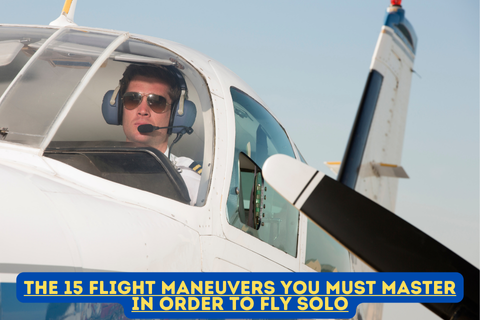
Before a student pilot is allowed to fly solo for the first time, the FAA requires them to demonstrate proficiency in a specific set of fundamental maneuvers and procedures. These skills, outlined in FAR § 61.87(d), ensure that the student is capable of safely handling the aircraft alone, without direct instructor supervision. From basic operations […]
How Much Does It Cost To Get Your Private Pilot License?
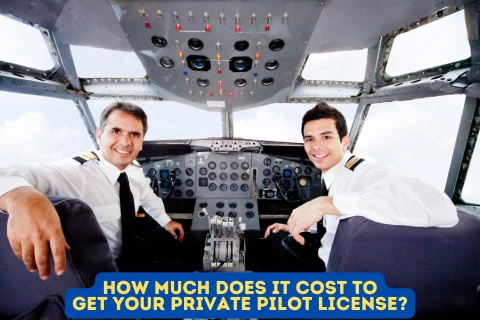
Getting your private pilot license (PPL) is a significant financial investment. The operative word here is investment. You are not just paying to get a paper license. You are investing in a skill that unlocks and opens up an entire world of possibilities at your disposal. The sky is the limit (pun intended), once you […]
Student Pilots: Are You Ready for Your First Solo?
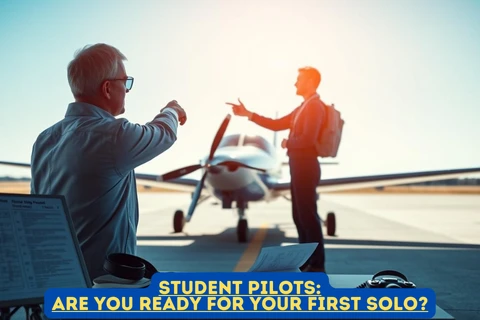
Discover the key elements that prepare student pilots for their initial solo flight in flying, aviation, under FAA guidance for private pilots.
How Do CFIs Assess Student Pilots’ Checkride Readiness?
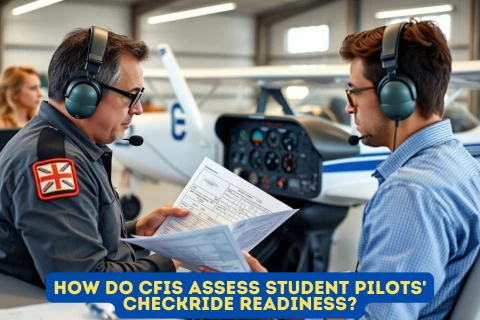
Embarking on your aviation journey, understanding how instructors evaluate your readiness for the final checkride is key. This checkride is more than a formality; it’s a crucial milestone in your pilot certification. Flight instructors are pivotal in this assessment, using various methods to gauge your knowledge, skills, and readiness for the flight and oral exams. […]
What Are The Requirements For Night Flight Training?
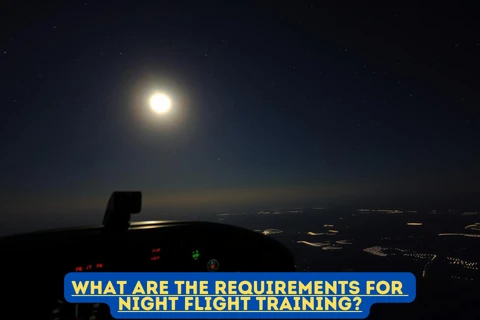
Embarking on aviation training requires a deep understanding of night flying requirements. The Federal Aviation Administration (FAA) has specific mandates for nighttime flying, which are distinct from daytime operations. These mandates include various training criteria for aspiring private pilots. They ensure pilots are ready for the unique challenges of flying in low-light conditions. For example, […]
What Is The Difference Between Part 61 and Part 141 Flight Schools?
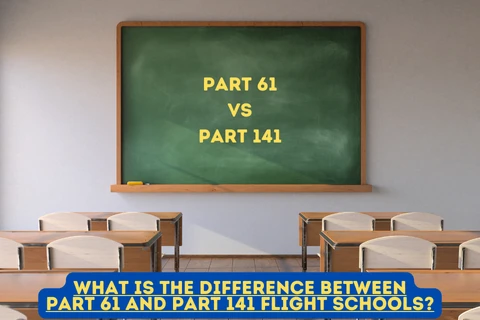
Discover key differences between FAA-regulated Part 61 and Part 141 aviation flight schools and what they mean for your pilot training.
What Is The Typical Roadmap For CFIs To Build 1500 Hours?
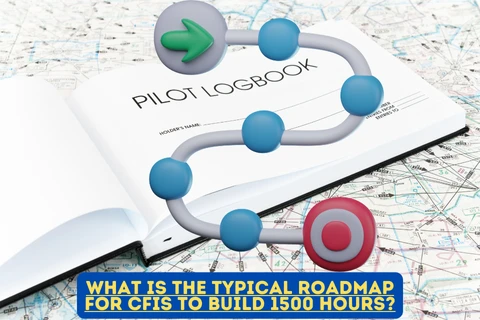
Becoming a certified flight instructor (CFI) is often seen as a stepping stone for pilots aspiring to build the necessary flight hours for an Airline Transport Pilot (ATP) certificate. But how exactly does instructing help you log those critical 1500 hours? Is it a slow grind, or can you strategically accelerate the process? Let’s explore […]
How Can Flight Instructing Build Experience For Your Career?
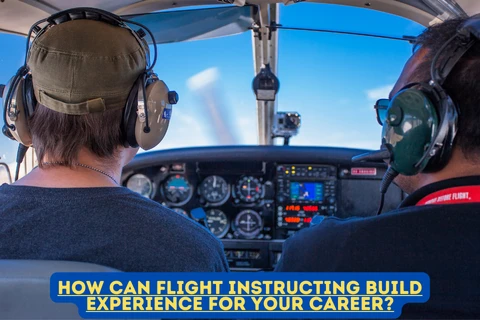
Discover how flight instruction under FAA guidance elevates aviation careers, enhancing pilot skills and expertise in flying airplanes.
Commercial Pilot vs Corporate Pilot? What is the Difference?
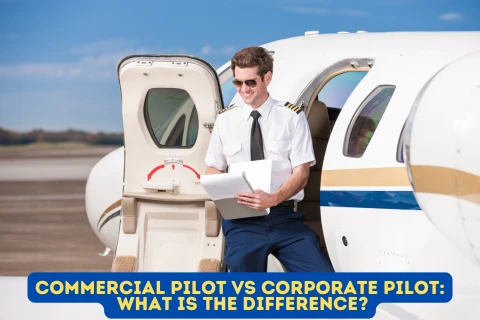
Did you know commercial pilots need at least 250 hours of flight time? In contrast, private pilots require just 40 hours. This difference underscores the rigorous nature of aviation careers, especially between commercial and corporate pilots12. For those aspiring to fly, grasping the differences between these roles is essential. Each path comes with its own […]
Commercial Pilots: 13 Jobs That Only Require 250 Total Hours
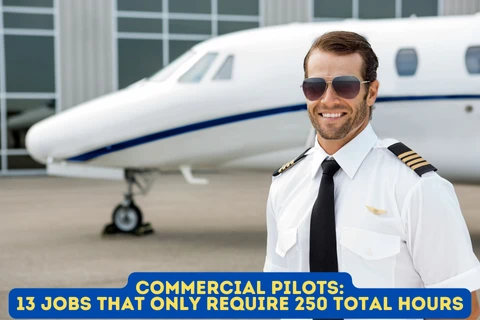
Given that the FAA requires pilots to log 1500 hours of flight time in order to earn their Air Transport Pilot (ATP) rating and thus fly for the airlines, there are a myriad of career opportunities that pilots with a commercial rating can pursue, with as few as 250 hours of total flight time. These […]




